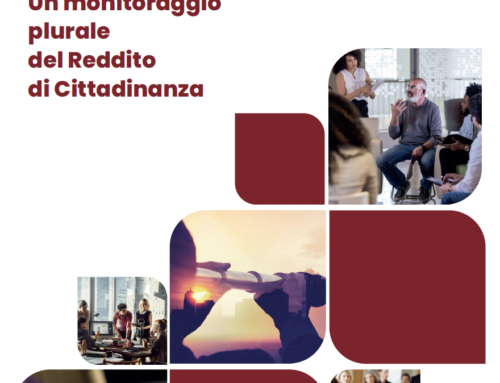The Citizen Income (Reddito di cittadinanza—RdC) is the most extensive program to fight poverty ever adopted in Italy. RdC is a Minimum Income Scheme that grants a cash amount to beneficiaries but obliges some specific groups to participate in active measures and in social inclusion programs. After 4 years of implementation, RdC seems not to have fully achieved its goals and scholars blame policy legacies as one of the main causes of its failures. Drawing on the literature on policy feedback, the paper proposes an analytical framework that identifies the mechanisms related to resources, incentives, and meanings affecting policy actors (public administration, organized civil society, and citizens). The framework is then applied to the case of RdC to detect through what specific mechanisms deriving from past anti-poverty, active, and social policies impacted on the implementation of the RdC. The paper is moreover aimed at advancing the debate about policy legacies and their effects on current policies through the elaboration of a framework specifying the mechanisms through which policy feedback produces change or stability.
The article is available in Open Access at the link:




